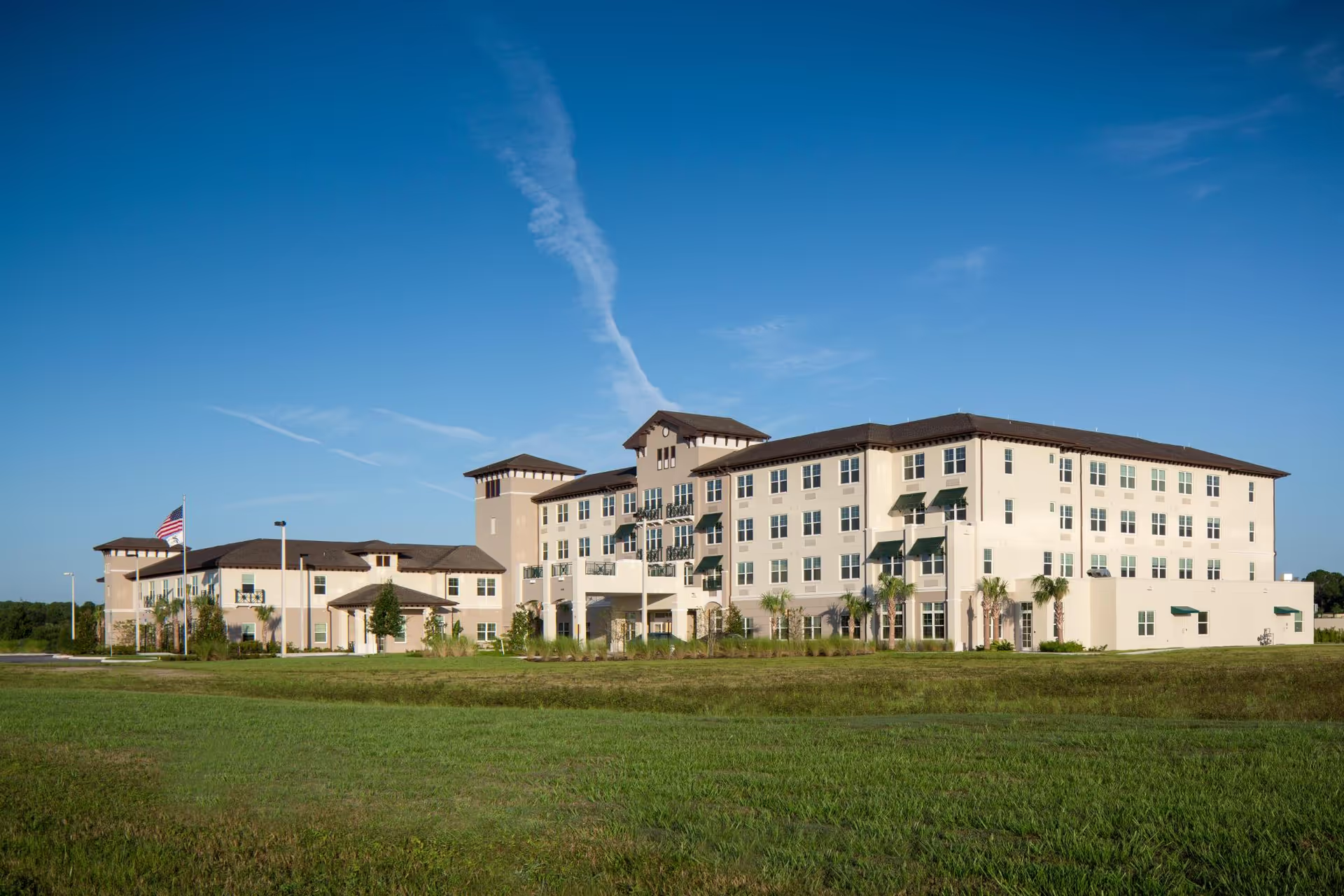Overall sentiment is markedly mixed: a substantial number of reviews praise HearthStone at Leesburg for its beautiful, hotel-like premises, warm communal spaces, high-quality dining, and many genuinely compassionate caregivers. These positive reviews describe a clean, tastefully decorated facility with welcoming common rooms, multiple pleasant dining options, and staff who form personal connections with residents—knowing them by name, personalizing care plans, and creating an uplifting atmosphere through music, dancing, and social engagement. Several families reported clear improvements in their loved ones after placement, citing attentive nursing and caregiving, empathetic leadership (including approachable executive and sales directors), and a strong sense of community that delivered priceless peace of mind. Tours and concierge interactions were frequently described as organized and reassuring, and many reviewers recommended the community based on their firsthand positive experiences with programming, meals, and resident interactions.
However, an important and recurring counterpoint appears throughout the reviews: concerns about dementia/memory-care competence, staff training, and consistency of care. Multiple reviewers explicitly stated that the memory care unit and staff are ill-equipped to manage Alzheimer’s-level needs, with complaints about aides who lack sufficient dementia-specific training, staff being frequently distracted by phones, and medication administration problems (meds not given on time or skipped). Some families reported serious consequences tied to medication interruptions and alleged that staff or administration deflected responsibility or blamed residents for medication-related behaviors. These accounts raise safety concerns, amplified by notes of bruises or other injuries in a few reports. Several reviewers also said the facility does not provide the promised or expected level of one-on-one coverage, leading families to hire outside private agencies and incur extra costs.
Staffing stability and management responsiveness are central themes that explain much of the polarized feedback. Positive reviews emphasize caring, high-caliber staff and empathetic leadership who guide families through placement and remain available to answer questions. Negative reviews, by contrast, regularly cite high staff turnover, frequent administrative changes, and an overworked staff that can lead to inattentive care, inconsistent housekeeping, and unresolved issues. Housekeeping and service responsiveness were specifically flagged as inconsistent — some families praised cleanliness and housekeeping, while others noted infrequent room cleaning and slow resolution of housekeeping concerns despite a director who listens. Meal service likewise received mixed notes: many reviewers lauded delicious, nutritious restaurant-style dining, yet a few mentioned meal wait times or isolated poor-quality items.
Programming and activities are another area of divergent experiences. Reviewers describe lively, resident-focused memory-care programming—music, dancing, events, and engaged staff facilitating social interaction—creating visible improvements in residents’ mood and engagement. Conversely, some families felt activities were weak, too focused on bingo, or not sufficiently stimulating for higher-need residents. These differences again suggest variability by shift, staff member, or unit.
Taken together, the reviews point to a community with strong strengths in facility aesthetics, dining, and many individual caregivers who provide sincere, personalized attention. At the same time, notable and repeated concerns about dementia-specific training, medication administration, staff phone use, turnover, and managerial follow-through indicate variability in safety and care consistency. The pattern is one of high highs and low lows: many families feel confident and grateful for the care provided, while others experienced troubling lapses that led to distress and considerations of moving their loved one.
For prospective families touring HearthStone at Leesburg, the reviews suggest specific due diligence steps: observe staffing levels during different shifts, ask detailed questions about dementia-specific training and certification for memory-care aides, request the medication administration policies and error/incident reporting procedures, and clarify actual staffing ratios and any claims about 24-hour one-on-one care. Inquire about turnover rates for direct-care staff and leadership, confirm housekeeping schedules and complaint resolution processes, and sit in on or observe a activities session to gauge engagement and appropriateness for your loved one’s needs. Finally, ask how the community handles additional coverage if staffing gaps occur and whether private agencies are typically required. Doing this will help prospective families weigh the facility’s many strengths against the documented inconsistencies and determine fit based on the specific care needs of their loved one.







